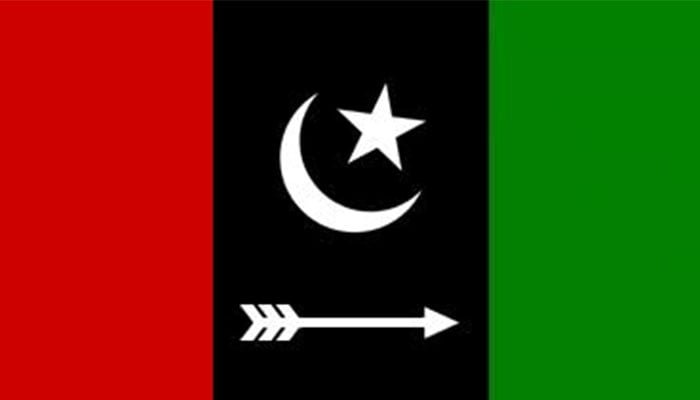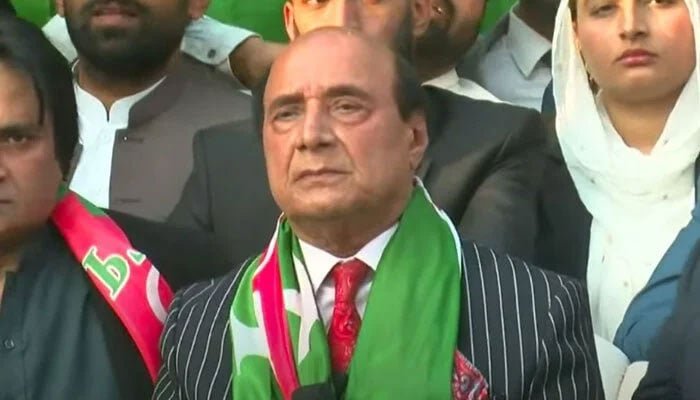Former Prime Minister of Pakistan and leader of the Pakistan Muslim League (N), Nawaz Sharif, addressed the Lahore Chamber of Commerce and Industry (LCCI) with a critical evaluation of the economic policies in the country. He emphasized that had the policies of his government continued, Pakistan would have made significant strides in economic development, with the goal of achieving a stable exchange rate, ideally around 40 or 50 rupees to a dollar, by the completion of projects in 2018.
Expressing concern over the current state of affairs, Nawaz Sharif questioned why the promised transformation had not materialized and why the economic progress envisioned during his tenure had not been sustained. He highlighted that during the period from 2013 to 2018, inflation had been curtailed to 4%, while the growth rate had exceeded 6%. Sharif credited his brother, Shehbaz Sharif, for steering the country away from default and making tough decisions in the best interests of the nation.
Nawaz Sharif also touched upon the issue of not interfering with the funds allocated for industries, emphasizing a policy of not questioning the inflow of money into the industrial sector. According to him, this approach had contributed to economic growth and stability during their governance.
Furthermore, he asserted that the Sharif government had not been prepared to take over in 2022, but they chose to face challenges boldly instead of opting for resignations. He disclosed that there were prepared statements for Shehbaz Sharif’s resignation, but in the face of threats, they decided to stand firm for the sake of Pakistan’s interests.
The former Prime Minister’s speech resonated with the audience at the Lahore Chamber of Commerce, where the President, Kashif Anwar, acknowledged the positive impact of Nawaz Sharif’s and Shehbaz Sharif’s leadership on trade and industry during their tenures.
Nawaz Sharif’s address shed light on the economic policies pursued during his government, the achievements in controlling inflation and fostering economic growth, and the challenges faced by subsequent administrations. The speech underscored the importance of continuity in economic policies for sustained development and the need for fearless decision-making to advance the interests of the nation.



